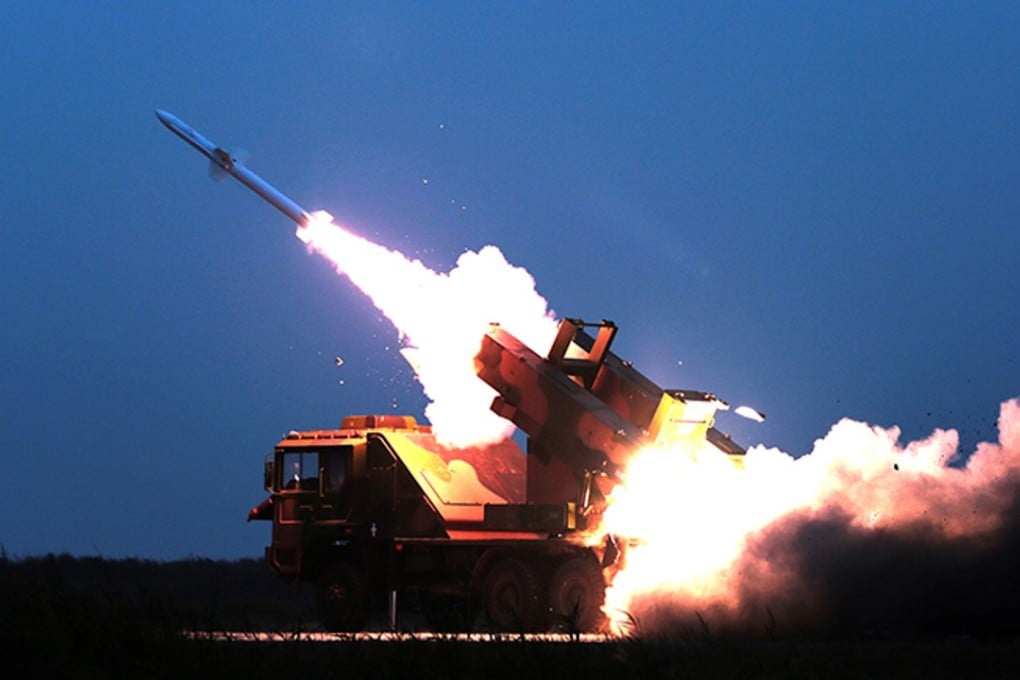China ‘shoots down incoming missiles’ during exercise over waters close to North Korea
Military’s show of strength, capability was intended as a warning to Pyongyang after its latest nuclear test, experts say

China shot down “incoming missiles” in the early hours of Tuesday morning during a military exercise held over the waters that separate it from the Korean peninsula.
The drill, which began at midnight and came just two days after Pyongyang conducted its latest nuclear test, challenged a ground unit, under China’s air force, to shoot down simulated low flying missiles in the skies over Bohai Bay, according to a report by the official military news website 81.cn.
The missiles used in the “sudden attack” were shot down at the first attempt by the People’s Liberation Army’s missile force, the report said, without elaborating.
The exercise was the third in the bay area – the innermost gulf of the Yellow Sea between China and North Korea – since late July.
The first was a three-day naval exercise held to mark the 90th anniversary of the founding of the People’s Liberation Army. A second, four-day, drill was conducted a week later after Pyongyang’s second intercontinental ballistic missile test on July 28.